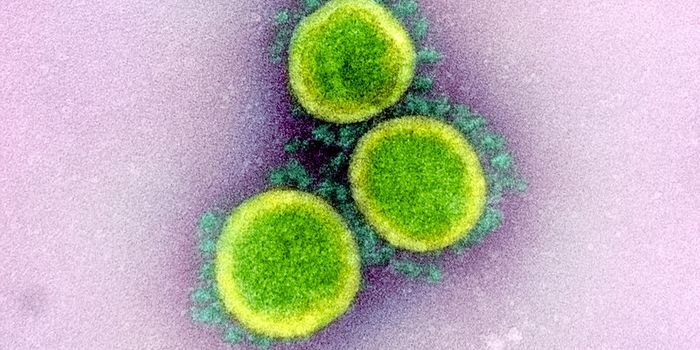Viral Rebound with Paxlovid is Confirmed and Manageable
Earlier this year, hospitals eagerly embraced findings that the antiviral drug Paxlovid ™, also known as Niratrelvir-ritonavir, could battle severe COVID-19 symptoms. A study found that a five-day course of Paxlovid ™ effectively alleviated severe COVID-19 symptoms while also reducing both hospitalization and mortality rates. However, new research, also published in the Annals of Internal Medicine, is issuing a severe warning about a Paxlovid ™ side-effect.
Scientists and doctors at Massachusetts General Hospital (MGH) discovered an interesting phenomenon in a small group of Paxlovid-treated COVID-19 patients earlier this year. The group recorded the amount of virus in the blood, known as the viral load, of seven COVID-19 patients who were treated with Paxloivd ™ during their infection and recovery. They reported a resurgence of viral load around 17 days after the initial Covid-19 diagnosis. This disturbing phenomenon—known as virologic rebound—prompted the group to investigate further.
In a new observational research study by co-first authors Gregory E. Edelstein, B.A., and Julie Boucau, Ph.D., and their colleagues at MGH performed an analysis on the detailed dataset of the Post-vaccination Viral Characteristics Study (POSITIVES). POSITIVES meticulously monitored individuals through their COVID-19 diagnoses and recovery. Researchers gathered patient viral RNA levels and viral culture data three times a week, sometimes for months. The MGH group used this dataset to evaluate the impact of the drug Paxlovid™. Their new study compared the recovery and viral shedding of 72 patients who received the drug treatment and 55 who did not.
"We found that the virologic rebound phenomenon was much more common than expected," explains senior author Mark Siedner, M.D., MPH, a clinician and researcher at MGH. An unsettling 1 in 5 of those who received Paxlovid™ demonstrated virologic rebound. "Individuals shed live virus when experiencing a rebound," said Siedner "implying the potential for transmission after initially recovering from the virus." Additionally, Paxlovid-treated patients with virologic rebound exhibited a prolonged period of viral shedding, remaining contagious for an average of 14 days, significantly surpassing the typical 5-day shedding period. Only one patient among the non-Paxlovid-treated group experienced virologic rebound.
Additional data analysis indicated that the likelihood of virologic rebound increased when Paxlovid™ was administered earlier after diagnosis or initial symptoms.
Despite the alarming revelation, author Jonathon Li, M.D., of Brigham and Women's Hospital states, "Paxlovid remains a life-saving drug I prescribe to high-risk patients. This study, while informative, does not change the fact that this drug is very effective at preventing hospitalizations and death. Instead, it offers valuable insights to Paxlovid™ patients, helping them understand what to expect and how long they might be contagious."
Future research will explore the mechanisms behind Paxlovid-induced effects. Critical inquiries include whether adjustments in drug delivery or dosing mitigate the risk of virologic rebound, paving the way for more optimized and effective treatment strategies. As the scientific community learns more about these mysteries, hospitals will continue to prescribe Paxlovid™.
Sources: Annals of Internal Medicine (1)(2), Clinical Infectious Diseases, EurekAlert! (1)(2)









